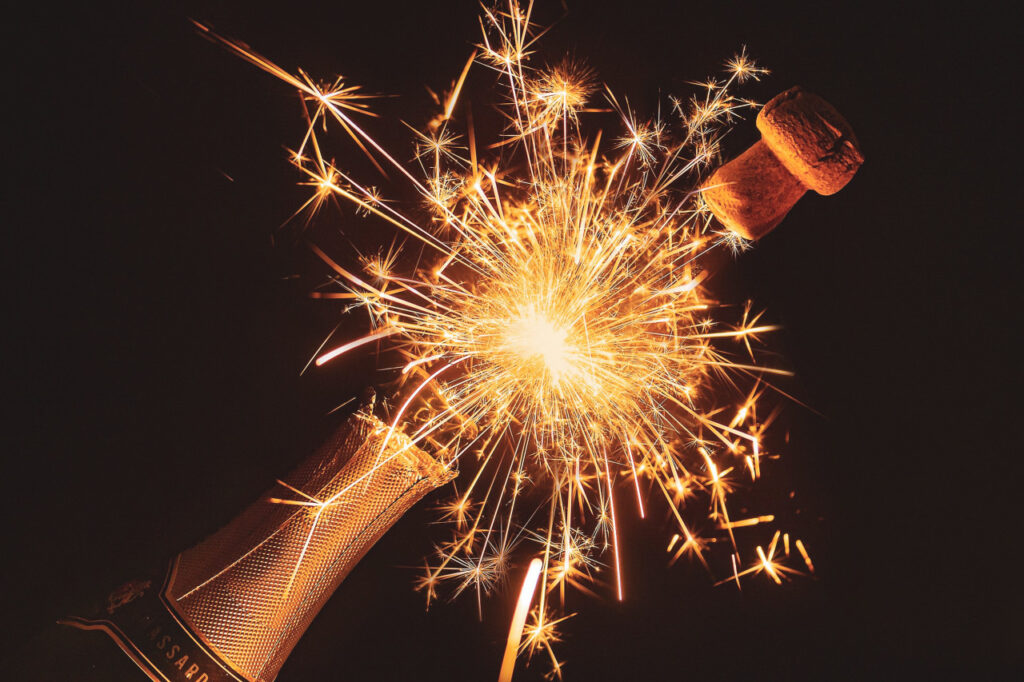
The Questions You’ve Always Had
Did you know that vodka causes less of a hangover than whiskey? Or that ginger helps curb nausea? Or that the toxic substances produced during the body’s process of metabolizing alcohol play a big role in hangover effects? Well, there’s more…
1. What tips would you highlight to avoid the dreaded holiday hangover?
The best tip to prevent a hangover—though it may seem obvious—is to avoid drinking alcohol altogether. However, if that’s not an option, here are the top tips:
– Drink slowly and on a full stomach. Pace yourself so your body can process the alcohol effectively. Eating while drinking is key, as it can take your stomach up to four times longer to absorb the alcohol.
– Drink in moderation, keeping in mind that a person’s size matters—what’s manageable for a larger person may not be for someone smaller.
– Have a glass of water between alcoholic drinks. This helps you consume less alcohol and reduces dehydration caused by drinking.
– Avoid mixing different types of alcoholic beverages.
2. Is it true that mixing different alcoholic drinks is more dangerous?

Yes, it’s true, due to the varying alcohol content and additives in each drink. For example, in diabetic patients, it can lead to greater hypoglycemia. But it’s not just the alcohol—hangovers are also caused by residual substances produced during alcohol metabolism, which break down into toxins responsible for the symptoms.
In fact, the main culprits behind hangover symptoms are dehydration, hormonal changes, and the toxic effects of these substances and alcohol. There’s also evidence that the immune system is disrupted, which could explain headaches, nausea, and fatigue.
This is why some drinks are known to cause worse hangovers. In order of severity, they are: cognac, red wines, rum, whiskey, white wine, gin, and vodka. A 2009 study from Brown University found that vodka produces less of a hangover than whiskey. One of the most dangerous yet popular combinations is alcohol mixed with cola or other caffeinated drinks. The caffeine’s stimulating effects counteract alcohol’s sedative properties, amplifying its impact even if it feels less noticeable at first.
3. Is it true that drinking alcohol on an empty stomach can make a hangover worse?
Absolutely. With an empty stomach, alcohol is absorbed more quickly, leading to higher blood alcohol levels faster and worsening side effects the next day. Drinking while eating slows absorption, as the stomach takes up to four times longer to process the alcohol.
4. What are the most effective remedies to ease hangover effects?
– First, patience. Recovery from a hangover usually just takes time—most disappear within 24 hours.
– Water, and more water. Alcohol dehydrates you by suppressing the hormone that regulates fluid loss.
– Ibuprofen yes, acetaminophen no. Avoid acetaminophen, as it forces the liver—already working overtime to clear toxins during a hangover—to work even harder.
– Sleep. Rest as much as possible to help your body recover from the excess.
– Vitamin B1, B6, B12, and C supplements. These vitamins aid alcohol metabolism and may ease discomfort, though scientific studies haven’t fully confirmed this.
– Watch what you eat. Keep your diet light that day to avoid overtaxing your body.
5. Recommended foods and habits when you have a hangover include…
– Ginger: Helps reduce nausea.
– Eggs: Rich in cysteine and B vitamins.
– Fruits, vegetables, and whole grains. Packed with vitamins, they aid recovery.
– Electrolyte solutions (sports drinks) and broth can replenish potassium and minerals lost due to alcohol.
– Moderate aerobic exercise can boost your mood by helping eliminate toxins.
– Above all, no more alcohol. Contrary to popular belief, alcohol doesn’t cure a hangover—it worsens it by adding more of the toxic substance that caused it.
6. What habits make hangovers more common during these holidays?

Heavy, fatty meals make a glass of wine more tempting than lighter, simpler foods. During these holidays, excesses abound—we eat more and richer foods, sleep less, and drink more. This heightens our body’s alarm systems, making them react more often and to milder triggers.
Additionally, holiday gatherings with family and friends are more frequent and festive, influencing our individual behaviors to align with the group’s—what’s commonly called “they convinced me.” This leads to drinking larger amounts without control or moderation, often on an empty stomach.
Source: Saluspot
